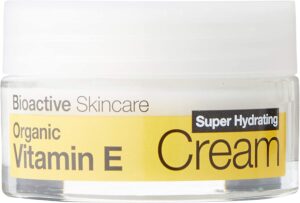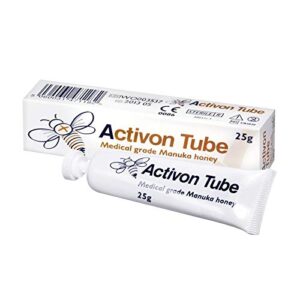Scar tissue forms where there has been damage to tissues such as skin and muscle. It is a natural part of the bodies healing process.
Symptoms:
-
In the first days and weeks after surgery, you might experience pain, bleeding, numbness, and itching.
-
Treating the scar as soon as it heals will give you the best results.
Causes:
-
Caesarean section – Usually, the wound from a C-Section will take around six weeks to heal; however, this can vary depending on your age, genetics, and how you take care of the incision.
-
Episiotomy and Perineal tears – see also the section on perineal tears.
Here is what the evidence says about the treatment options:
Massage – A moderate-to-strong effect on pain reduction and scar appearance was observed in THIS study when treating the scar with massage. HERE is a great example of how to carry out massage on your scar tissue following a caesarean section. There is a lot of advice online regarding what creams and gels to use for massage over scar tissue.
Popular remedies include: honey, vitamin E creams, Vaseline and Aloe Vera.
There are some promising results from the studies that we looked at, for the various remedies available, but there are no studies (to our knowledge) that compare them all to see if there is a superior option.
It would be a safe bet to say that it comes down to personal preference and more importantly, technique, frequency of the massage, genetics and how early you are able to start working on the tissues.
Sillicone gel – when looking at scar appearance (pigmentation) and flexibility, evidence is very much in favour of the use of silicone gel. THIS study found that applying a silicone gel twice a day on hypertrophic burn scars reduced the scars appearance significantly. They proposed that the silicone applications positively influenced the scar tissue through wound hydration.
HERE is a silicone gel that we found that has really good reviews and is reasonably priced.
Silicone sheets – Similarly to silicone gel applications, silicone gel sheets were demonstrated to have a large and positive effect on pigmentation of hypertrophic burn scars.
HERE are some gel sheets with really good reviews.
What symptoms to watch for:
Contact your midwife or a GP straight away if you have any of the following symptoms after a caesarean, these can be signs that you have an infection or blood clot following your surgery:
-
Severe pain that you can not cope with.
-
Pain when urinating.
-
Heavy vaginal bleeding.
-
Red, painful and swollen wound (getting worse, not better).
-
Discharge or foul-smelling fluid coming from your wound.
-
A cough or shortness of breath.
-
Swelling or pain in your lower leg.


